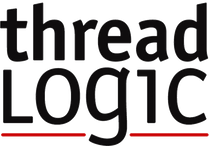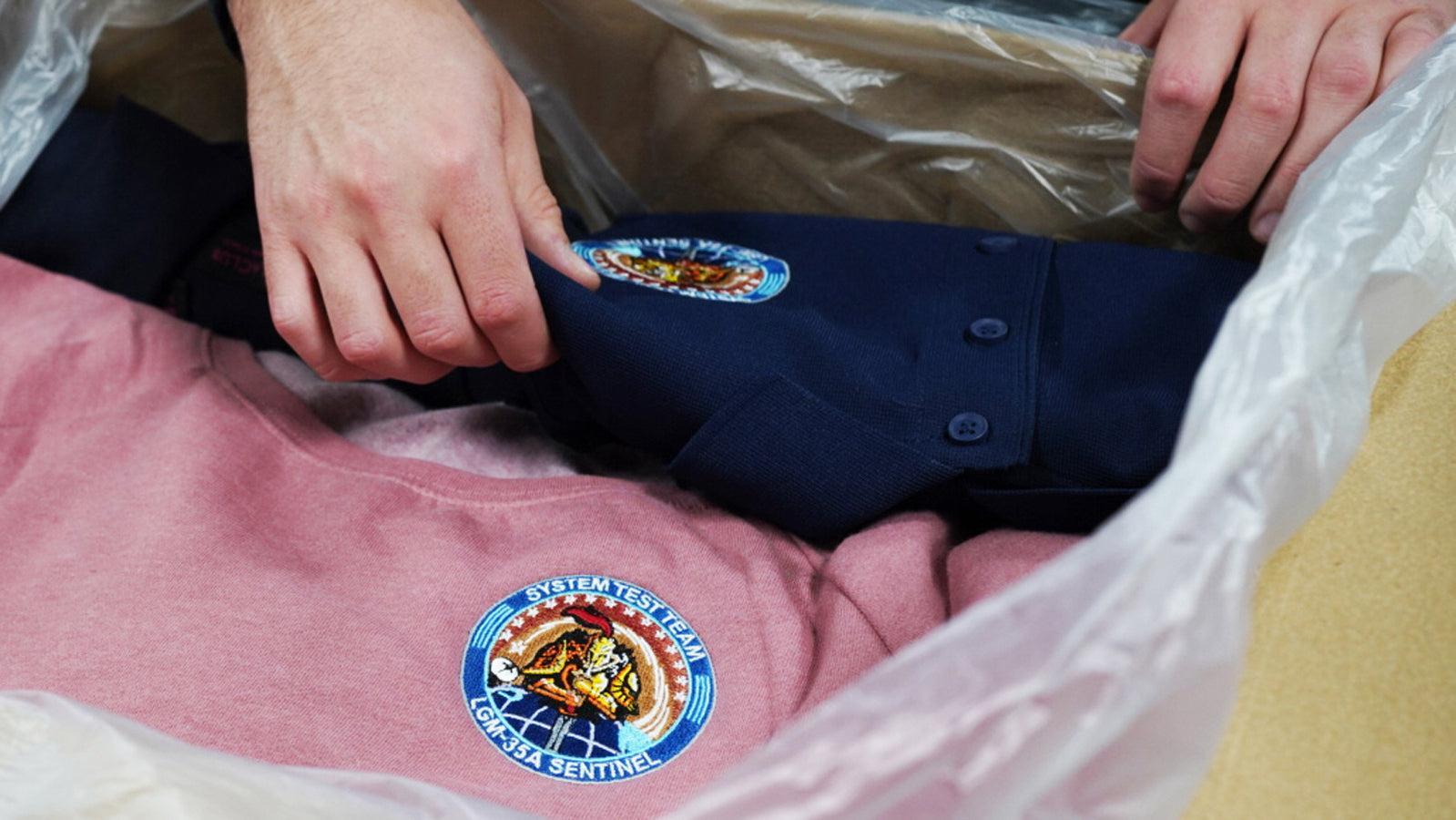Embroidery is an ancient Chinese tradition, with history of it tracing back as far as 30,000 B.C. Early on, wearing embroidered clothing was a status symbol of great wealth and power. Near the 19th century, embroidery was a developing skill that marked a young girl's transition into womanhood. Towards the 1900s, embroidered pieces were making their debut in mail catalogs, making the art form more easily recognized and available.
The art of embroidery has come a long way since its fruition. Many embroidered items are digitally produced in today's age, however, there's one thing that hasn't changed: The various types of fabric you embroider onto.
It's fair to say embroidering your clothing is popular in the 21st century. From company dress shirts to sports team polos, we all have probably worn something embroidered. But what kind of fabric is right for embroidery? In this article, we break down the best fabric types and characteristics to look out for, plus, what to avoid.
Best Fabrics for Embroidery
Although many of us assume there are two main types of fabric, synthetic and natural, there's actually many different types of fabric, upwards of 30 according to Masterclass. Below, we list the best types of fabric for embroidery projects.
100% Linen
It's important to pay attention to the thread count for linen fabric. When it comes to embroidering on linen, you want to look for a low thread count to ensure the weave isn't too tight. Behind silk, linen is one of the strongest fabrics, making it a fabulous choice for embroidering.
100% Cotton
100% cotton is a great natural fiber that's hypoallergenic and durable to withstand embroidery. It's easy to identify 100% cotton due to its smooth and wrinkle-resistant touch and look. It's another safe option with clean embroidered results!

Linen/Cotton Blend
Contrary to a linen-only or cotton-only fabric, the linen/cotton blend allows for a thinner and lighter, yet overall stronger fabric option. Blended fabrics tend to be good for clothing, bedding, and other home goods, making it a great fabric to embroider on!

Aida Cloth
Known for its open, even-weave characteristics, Aida cloth is often used for cross-stitch embroidery. It's naturally rigid texture allows for the perfect embroidery canvas. Aida cloth varies in size depending on how many stitches can fit into one inch, commonly known as a fabric's count: They start at 11 and go up to 28.
Hemp
If you're looking for a more eco-friendly option, consider hemp. It's characterized as a comfortable and long-lasting fabric. Furthermore, hemp also absorbs carbon monoxide and is one of the best fabrics for our ecosystem.
For a visual understanding of these varying fabrics, check out this Youtube video which highlights top fabrics for embroidery.
What Fabrics Should You Avoid for Embroidery?
Some fabric characteristics that aren't ideal for embroidery include being lightweight, absorbent, or smooth. Below are a few fabrics you should try to avoid when embroidering.
Silk
Although silk is the strongest fabric, it's still known for being lightweight, soft, and smooth. These characteristics aren't particularly ideal for embroidery purposes. If you really want to use silk, reach for a spun silk or filament silk.
Rayon
Rayon fabrics drape extremely well and are highly absorbent. Although Rayon can handle dye and printing fairly well, its shiny and smooth qualities make embroidering fairly difficult. It's best to avoid Rayon fabric if you're looking for a clean embroidery process.
Chiffon
Chiffon should be avoided for embroidery as it is a sheer, almost gauze-like material. It's lightweight yet rough qualities make it extremely difficult to embroider on.
Shop Embroidery Apparel at Thread Logic
Some things never change, and that's certainly true about the characteristics of popular fabrics. As it appears, there's an obvious right and wrong choice when it comes to choosing a fabric to embroider on.
At Thread Logic, we have an array of embroider-ready products on hand that are completely customizable with your logo. In addition, we offer FREE embroidery for all orders over $300 (a small order fee of $50 will be applied to orders below the $300 threshold). Come check out our inventory today!


